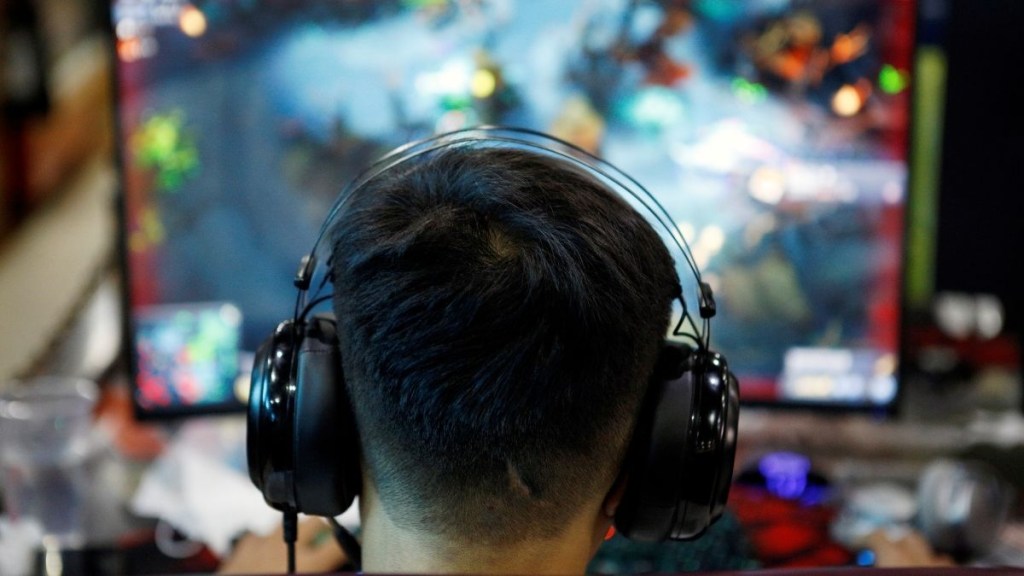After the government unveiled a sweeping ban that could wipe out their businesses overnight, a shell-shocked online gaming industry has requested the government to reconsider and take a more calibrated stance on banning real money gaming (RMG). Some are also weighing the option of taking legal recourse.
The Esports Players Welfare Association (EPWA) on Wednesday wrote to Prime Minister Narendra Modi expressing concerns over the Bill, cautioning that it could threaten the livelihoods of India’s growing community of professional gamers.
“This Bill will bring back the satta market with a vengeance. Blanket bans tend to drive users to unregulated platforms rather than protecting them. PRAHAR’s (Public Response Against Helplessness and Action for Addressal) survey of 2,500 gamers in Telangana in July this year proves this: despite an eight-year ban, players in Telangana still use VPNs, side-loaded apps, Telegram groups and payment workarounds, and more than 94% say they want regulated, legal options,” said Abhay Raj Mishra, president & National Convenor, PRAHAR.
A Constitutional and Economic Minefield
The proposed Bill seeking to ban RMG has also raised constitutional and economic concerns. “A blanket prohibition appears to exceed Parliament’s legislative competence, intruding upon matters reserved for the states, while also infringing the fundamental right to carry on trade under Article 19(1)(g),” said Nidhi Singh, partner, IndiaLaw. Article 19(1)(g) of the Constitution guarantees people the right to conduct business or trade.“From an economic perspective, the prohibition is likely to adversely impact an industry that contributes significantly to GST collections and employment, while simultaneously driving users towards offshore, unregulated platforms. At the same time, the explicit recognition of e-sports and casual gaming presents a regulatory opening for investment and innovation. The ultimate test will lie in whether the legislation is implemented in a manner that balances the imperatives of consumer protection with the need to foster India’s digital economy,” said Navod Prasannan, partner, King Stubb & Kasiva, Advocates and Attorneys.
The stock market reacted sharply. Nazara Technologies ended 12.84% lower at Rs 1,220, following concerns over its 48% stake in PokerBaazi, an RMG platform. Analysts at PL Capital noted potential write-offs on investments of around Rs 830 crore, and CCPs of Rs 150 crore. The brokerage’s revised target price for Nazara dropped to Rs 917, implying downside of another 24.8%.Nazara said that its only indirect exposure to RMG is through its 46.07% stake in Moonshine Technologies (PokerBaazi). “As Nazara does not hold a majority stake or exercise control, Moonshine’s revenue is not consolidated in the company’s financial statements and has no impact on its reported revenue or Ebitda,” it said.
Meanwhile, share price of Casino operator Delta Corp erased losses after a decline of nearly 7% and ended 1% higher.Esports companies, however, expressed happiness on their separation from online gaming and betting, saying that this has removed years of ambiguity and sets the stage for structured growth.“The government’s recognition of esports is a moment that finally gives competitive gaming in India the legitimacy it deserves,” said Animesh Agarwal, co-founder and CEO, S8UL.“It is equally important, however, that the authority or body appointed by the government is independent, free of conflicts, and includes competent representation from across different segments of the video gaming industry,” said Akshat Rathee, co-founder and managing director of NODWIN Gaming.
Letter to Home Minister
Three major online gaming bodies, Gameskraft-backed All India Gaming Federation (AIGF), Dream11-backed Federation of Indian Fantasy Sports (FIFS), and Games24x7-backed E-Gaming Federation (EGF) have written a letter to home minister Amit Shah warning that a blanket ban could destroy an industry that employs thousands and has attracted billions in investment. The bodies said that the bill should be withdrawn.
